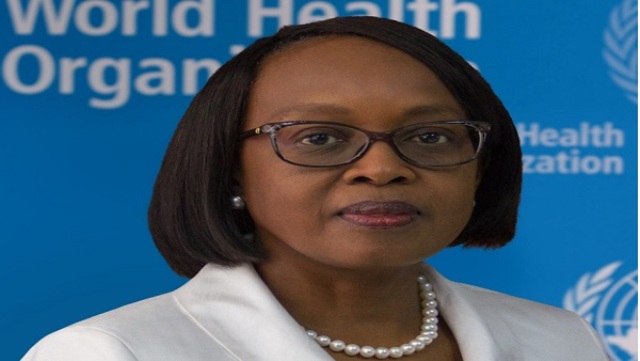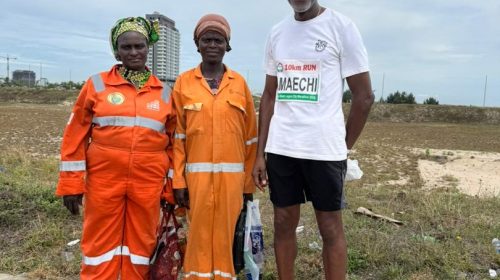8m women face coronavirus-induced poverty in 2021 – UN

The United Nations (UN) has said that the impact of the ravaging COVID-19 may lead to eight million more women than men sliding into extreme poverty in sub-Saharan Africa in this year.
The World Health Organization (WHO) regional director for Africa, Dr Matshidiso Moeti stated this in a message to mark the 2021 International Women’s Day.
It said that inequities that cause disadvantages to women have been exacerbated during the pandemic.
She said the coronavirus scourge will have long-term impacts on the social and economic fabric of societies, including progress towards gender equality.
“This pandemic will have long-term impacts on the social and economic fabric of our societies, including progress towards gender equality. UN women projects show that in 2021 eight million more women than men will be pushed into extreme poverty in sub-Saharan Africa.”
She said the stay-at-home orders brought the livelihoods of many African women, working as hairdressers or market vendors, for example to a standstill.
“Lockdowns, coupled with fears of infection and health workforce shortages, are among the reasons for reports of drops in access to contraception, antenatal care and births in health facilities in Nigeria, Zimbabwe and other countries.
“These restrictions, including school closures, also increased the risks of sexual and gender-based violence, teenage pregnancies and dropping out of school, particularly for girls,” Moeti said.
The WHO director further said that the pandemic will have long-term impacts on the social and economic fabric of societies, including progress towards gender equality.
On the intervention efforts meant to curb the impact of the problem, he said WHO is providing guidance and technical support to governments to ensure the continuous delivery of essential gender-responsive services and to assess the barriers girls and women face in accessing these services.
She said that the 36-member states in the African region have integrated at least one gender-responsive measure in their national COVID-19 response plans.
“We have trained 155 health workers in 22 African countries to support women suffering from gender-based violence and to continue to safely deliver sexual and reproductive health and HIV services in the context of COVID-19.
“Within WHO, we remain committed to enabling women to advance in their careers and enhance their leadership potential. Over 80 mid-level and senior female staff in the region have participated in leadership training and we are piloting its expansion to ministries of health,” he said.
Moeti also said that despite the immense challenges of the COVID-19 response, already 27 volunteers are on board, while 93 per cent are female and more than 20 additional will be on board in the coming months.
“Women now account for 33 per cent of our workforce, up from 30 per cent in 2015. We have established a mentoring programme, and a task force to promote a more conducive working environment for female WHO staff in the region,” she said.
Newsgazett







Leave a Reply